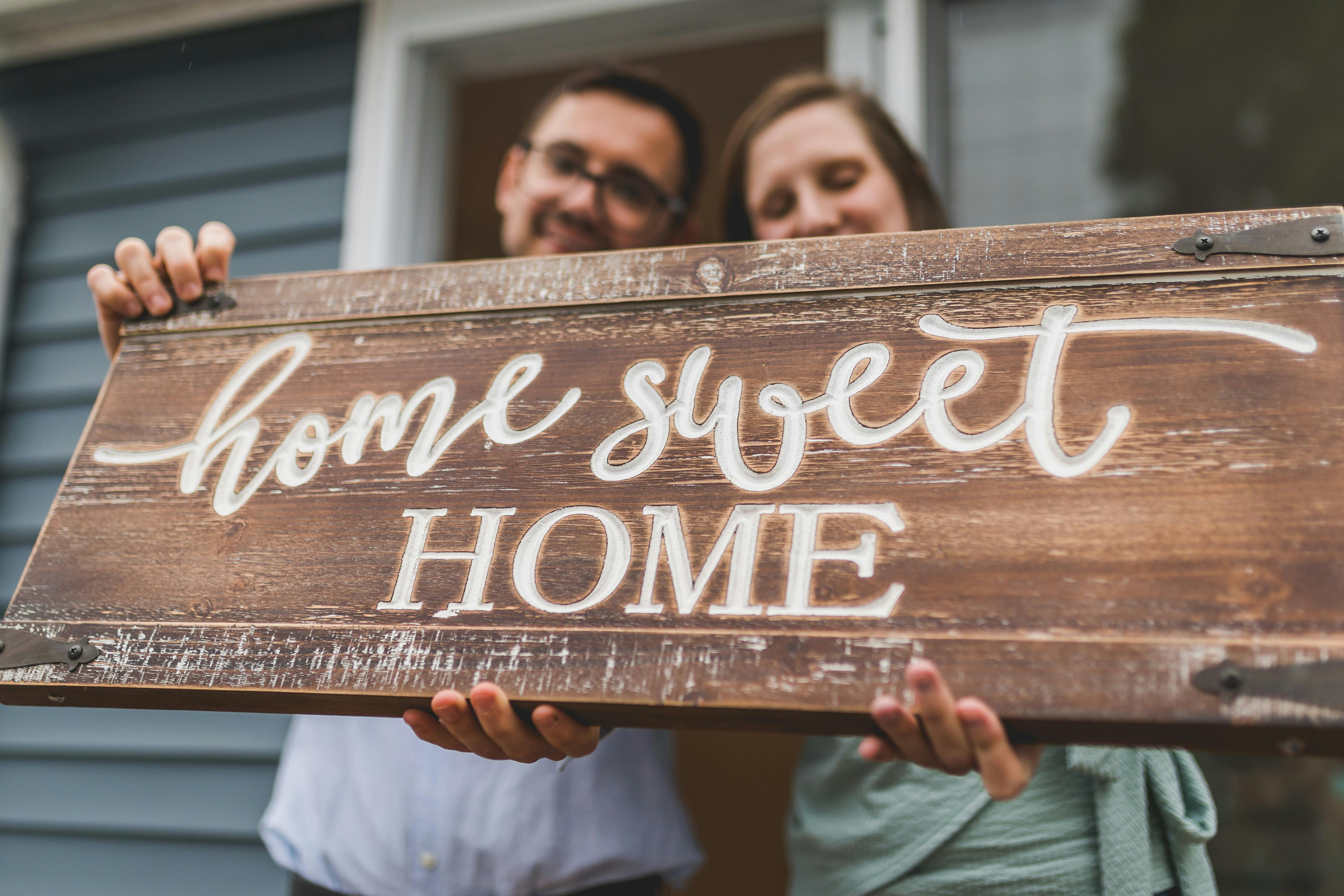Renting vs. Buying
In the grand scheme of life's biggest financial decisions, the choice between renting or buying a home ranks pretty high. Both options come with their own set of advantages and disadvantages, and the decision ultimately depends on your personal and financial circumstances. We aim to delve into the ins and outs of renting and buying in Edmonton Real Estate, and provide steps to assist you in determining which is best for you.
Firstly, let's look at the benefits and drawbacks of both options.
On the positive side, renting a home is often cheaper than owning one. It provides flexibility, which can be beneficial if your job or lifestyle requires you to move frequently. Renters are usually not responsible for maintenance or repairs, and the lack of a mortgage can free up more of your income for other investments.
- It's essential to invest wisely and plan meticulously for your retirement. If you're not investing in property, consider diversifying your portfolio in other lucrative investment opportunities such as stocks, bonds, or mutual funds. Consistent contributions to a retirement fund, like an RRSP (Registered Retirement Savings Plan) or a TFSA (Tax-Free Savings Account), can build substantial wealth over time. Moreover, it’s important to regularly review and adjust your investment strategy to align with your long-term goals and risk appetite. Financial literacy and perhaps partnering with a financial advisor can guide you in making informed decisions. By doing so, you can ensure that you're creating a secure financial future even without the equity from home ownership.
However, renting isn't without its negatives. Renters do not build equity as homeowners do. They are also subject to the decisions of landlords and may face financial instability due to potential rent increases.
Owning a home, on the other hand, allows you the opportunity to build equity with each mortgage payment. It can be a good investment, as homes typically appreciate in value over time. Homeowners also enjoy more stability and privacy since there is no landlord to answer to.
But just as with renting, homeownership comes with its share of cons. It requires a significant commitment, both in terms of the mortgage contract and the maintenance work. Selling a home or breaking a mortgage can be complex and costly. Owning a home may also result in higher mortgage payments and less disposable income, as a function of the upfront costs and ongoing maintenance.
Ongoing maintenance costs for owning a home can vary widely based on the property’s age, condition, and location, but they are an essential aspect to consider. Examples of such costs include:
- Repairs: Regular repairs are necessary for maintaining the integrity of the home. This can range from small fixes like patching drywall or fixing leaky faucets, to larger issues such as repairing a damaged roof or replacing a broken furnace.
- Utilities: Homeowners are responsible for all utility bills, which can include electricity, gas, water, sewage, and waste disposal. These costs can fluctuate with usage and rates.
- Property taxes: These are annual taxes paid to local governments, and they can increase based on property assessments.
- Homeowners association (HOA) fees: For those living in certain communities, HOA fees may be required to maintain communal areas and amenities.
- Appliance maintenance and replacement: Major home appliances such as refrigerators, ovens, and HVAC systems will require regular maintenance and eventual replacement.
So, how do you decide between renting or buying? Here are some steps to guide you:
- Compare costs: Look at the cost of rent versus the cost of mortgage payments in your area. Include all costs related to homeownership, such as insurance, taxes, and maintenance.
- Assess your financial situation: Do you have enough saved for a down payment? Can you manage ongoing costs like mortgage payments, insurance, and maintenance?
- Consider your stability: Is your employment situation reliable? Do you plan on staying in the same place for an extended period of time?
- Evaluate your lifestyle and future plans: Are you ready for the commitment that comes with homeownership, or do you value the flexibility of renting?
- Evaluate your current debt situation: Is buying a home feasible considering your current debt obligations?
- Consider your income sources: These will be evaluated during the mortgage approval process.
As we can see, the decision between renting and buying a home is not one-size-fits-all. It depends on multiple factors, including your financial readiness, personal circumstance, and long-term goals. By carefully considering all these aspects, you can make an informed decision that aligns with your life plans and financial health.
Posted by Admin . on

Leave A Comment